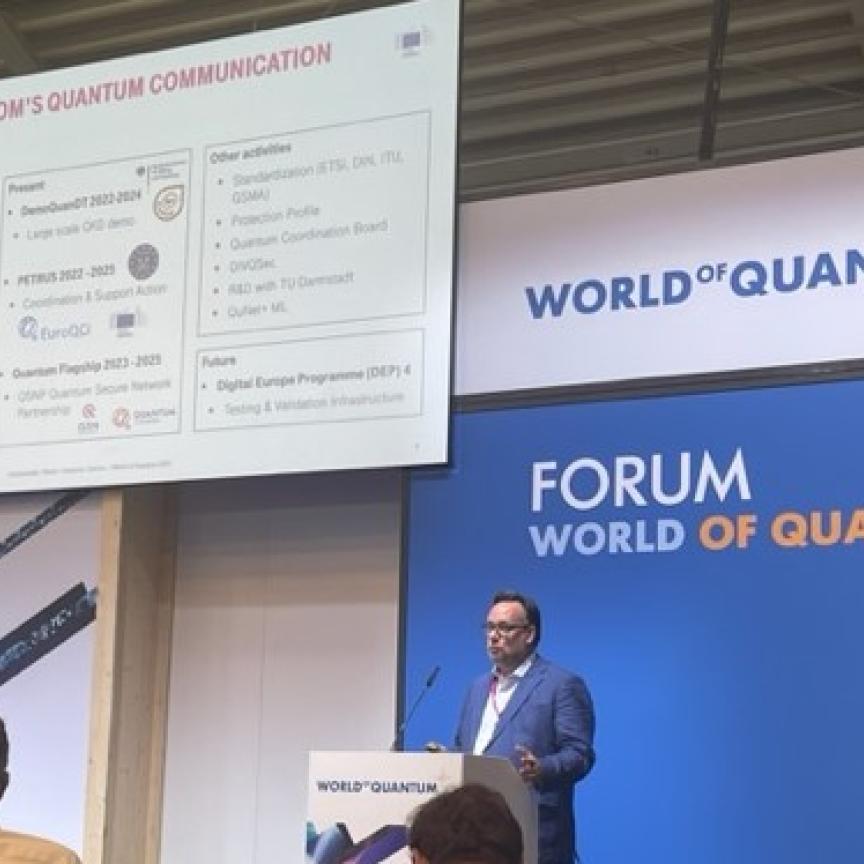U.S. secretary of commerce Wilbur L. Ross, Jr. has announced a denial of export privileges against ZTE from the Department of Commerce’s Bureau of Industry and Security (BIS).
The action follows a 2017 agreement from the Chinese telecommunications equipment and systems supplier to a combined civil and criminal penalty and forfeiture of $1.19 billion for shipping telecommunications equipment over a six-year period to Iran and North Korea during an export ban. The company is then said to have made false statements about the activity, obstructing justice by preventing disclosure to and ultimately misleading the U.S. government.
As well as these penalties, ZTE agreed a potential seven-year suspended denial of export privileges, meaning US components could not be re-sold to the company. The denial would be activated if any aspect of the original agreement was not met and/or if the company committed additional violations of the Export Administration Regulations (EAR).
The Department of Commerce has now determined that ZTE subsequently made false statements to BIS – in 2016, during settlement negotiations, and in 2017, during the probationary period – related to senior employee disciplinary actions the company said it was taking or had taken. These false statements were reported to the U.S. government only after BIS requested evidence that employee discipline had taken place.
The false statements, said the Department of Commerce, covered up the fact that ZTE failed to issue the promised letters of reprimand to those 39 employees involved in the illegal activity. Not only that, but that all but one party still received their 2016 bonus in full.
In a statement Mr Ross said: ‘ZTE made false statements to the U.S. government when they were originally caught and put on the Entity List, made false statements during the reprieve it was given, and made false statements again during its probation. ZTE misled the Department of Commerce. Instead of reprimanding ZTE staff and senior management, ZTE rewarded them. This egregious behaviour cannot be ignored.’
The denial order states that from the date of implementation until 13 March 2025, ZTE must not ‘directly or indirectly, participate in any way in any transaction involving any commodity, software or technology (hereinafter collectively referred to as ‘item’) exported or to be exported from the United States that is subject to the regulations, or in any other activity subject to the regulations.’
ZTE has so far responded to the denial order with a short statement, which can be found on its home page, saying: ‘ZTE is aware of the denial order activated by the United States Department of Commerce. At present, the company is assessing the full range of potential implications that this event has on the company and is communicating with relevant parties proactively in order to respond accordingly.’
Whilst the ban obviously raises questions as to how the company might source alternative suppliers for its optical communications components, it additionally poses the effect this could have on the wider industry. An update from specialist market research firm, LightCounting stated that a number of U.S. optical component and modules suppliers will find themselves impacted by the ban. Acacia Communications, for example, supplies ZTE with 100G DWDM DCO modules and DSP chips, and its shares dropped by 35 per cent immediately following the announcement. Likewise, said LightCounting, Lumentum and Oclaro were down 9 per cent and 15 per cent, respectively, by the market’s close on 16 April.
Acacia has responded to the news, saying that it is: ‘aware of the recent announcement that the U.S. Department of Commerce by order, effective immediately, is banning American companies from selling, exporting or re-exporting components, software and technology to Chinese telecom equipment maker ZTE Corporation as a result of ZTE’s actions in connection with a previous settlement regarding sanctions violations. Acacia is taking steps to suspend affected transactions and is assessing the impact of these developments on Acacia.’
Elsewhere, UK cyber security watchdog, the National Cyber Security Centre (NCSC) has advised UK telecoms companies to avoid using equipment from ZTE. In an advisory note, Dr Ian Levy, technical director at NCSC said: It is entirely appropriate and part of NCSC’s duty to highlight potential risks to the UK’s national security and provide advice based on our technical expertise. NCSC assess that the national security risks arising from the use of ZTE equipment or services within the context of the existing UK telecommunications infrastructure cannot be mitigated.’

